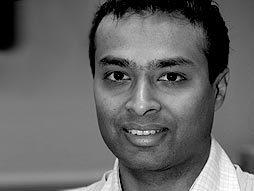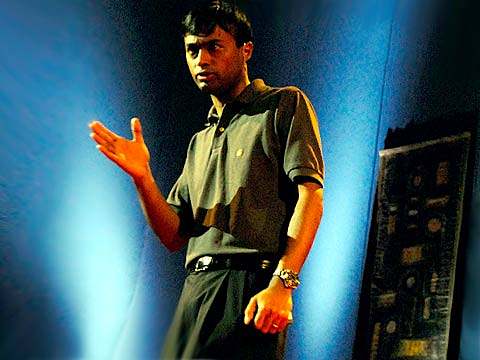10 ways to chart tangible progress in Africa since 2007
[ted id=154] In 2007, at TEDGlobal in Arusha, Tanzania, Euvin Naidoo gave an opening talk about investing in African countries — laying out 10 markets and metrics to watch as African nations gained capacity. Today, in a follow-up post, investor Ryan Hoover looks at these 10 metrics that Naidoo laid out — and charts how […]
Continue reading
